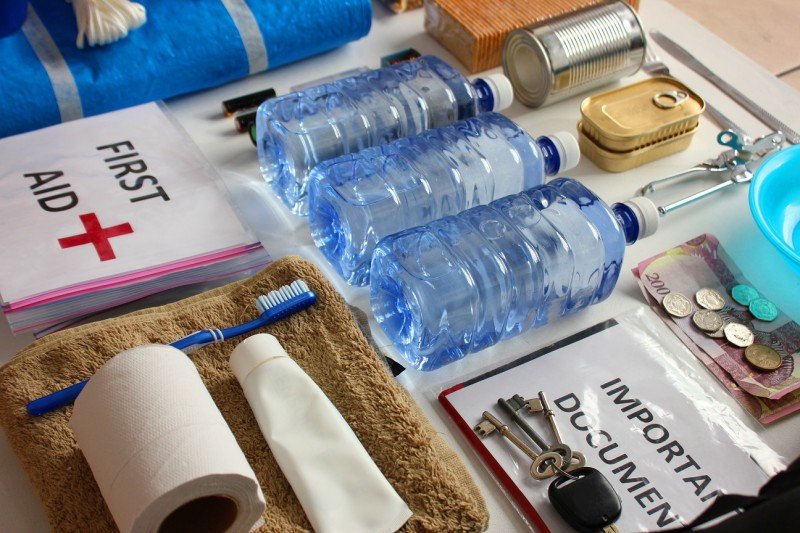In times of crisis, having an emergency food supply can be a literal lifesaver. Natural disasters, extreme weather events, power outages, and other unexpected situations can disrupt food supply chains and leave communities without access to fresh groceries. Having a stash of non-perishable food items on hand can ensure that you and your loved ones are well-fed and sustained during times of difficulty.
Emergency food supplies are not just important for natural disasters; they are also essential for personal emergencies. Sudden job loss, unexpected medical expenses, or other financial setbacks can make it difficult to afford groceries. Having a stockpile of canned goods, dry pasta, rice, and other non-perishable food items can provide a temporary buffer and alleviate some financial strain during tough times.
Additionally, having an emergency food supply can provide peace of mind and a sense of security. Knowing that you have a pantry full of food that can sustain you for days or even weeks can help alleviate anxiety and uncertainty during emergencies. It allows you to focus on other important tasks, such as securing shelter or communicating with loved ones, without having to worry about where your next meal is coming from.
Key Factors for Food Supply Preparedness
When it comes to emergency preparedness, having an adequate food supply is crucial. A reliable food supply ensures that you and your loved ones are not left vulnerable in times of crisis. There are several key factors to consider when preparing your emergency food supply to ensure that you are well-equipped to withstand any unforeseen circumstances.
First and foremost, it is important to have a sufficient quantity of non-perishable food items on hand. This includes items such as canned goods, dried fruits, nuts, and grains that have a long shelf life and do not require refrigeration. Having enough food to sustain yourself and your family for an extended period of time is essential in ensuring your well-being during an emergency.
Secondly, variety is key when it comes to stocking your emergency food supply. It is important to include a diverse range of food items to ensure that you are meeting all of your nutritional needs. By including a mix of fruits, vegetables, proteins, and carbohydrates, you can ensure that you are getting a balanced diet even in times of crisis.
Finally, it is important to regularly assess and rotate your emergency food supply to ensure that it remains fresh and safe to consume. By keeping track of expiration dates and rotating out older items, you can maintain a reliable food supply that you can depend on in times of need.
Creating an Effective Food Stockpile Plan
Start by taking stock of your current food supply and evaluating how long it would last in case of an emergency. Consider factors such as the number of people in your household, any dietary restrictions or preferences, and the potential duration of the emergency situation. This will help you determine how much food you need to stockpile and what types of items to include.
When building your food stockpile, aim to include a variety of non-perishable items such as canned goods, dry goods like rice and pasta, and ready-to-eat items like granola bars and nuts. It's also important to include ample water, as well as any necessary cooking supplies and utensils. Be sure to regularly check and rotate your stockpile to ensure that nothing expires and to keep your inventory up to date.
Essential Supplies for Long-Term Food Storage
When it comes to preparing for emergencies, having a long-term food supply is paramount. You never know when disaster may strike, leaving you without access to fresh food. That’s why having a well-stocked emergency food supply can provide peace of mind and ensure you and your family are taken care of during tough situations.
So, what are the essential supplies you need for long-term food storage? First and foremost, you’ll want to stock up on non-perishable foods that have a long shelf life. This includes items like canned goods, dried fruits, nuts, and grains. It’s important to choose foods that are nutrient-dense and easy to prepare, as you may not have access to cooking facilities during an emergency.
In addition to food, you’ll also need to consider water storage. Having a supply of clean drinking water is essential for survival, so be sure to stock up on bottled water or invest in a water filtration system. Other supplies to consider for your emergency food supply include cooking utensils, a can opener, and a portable stove for heating up meals.

